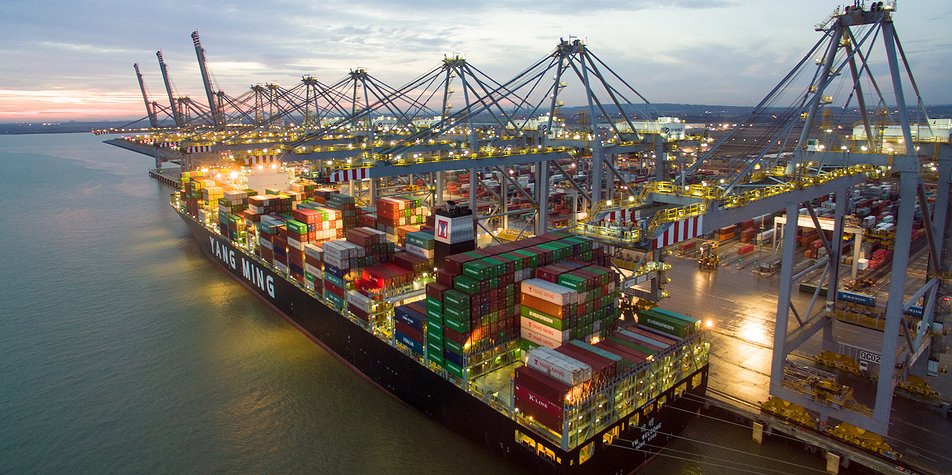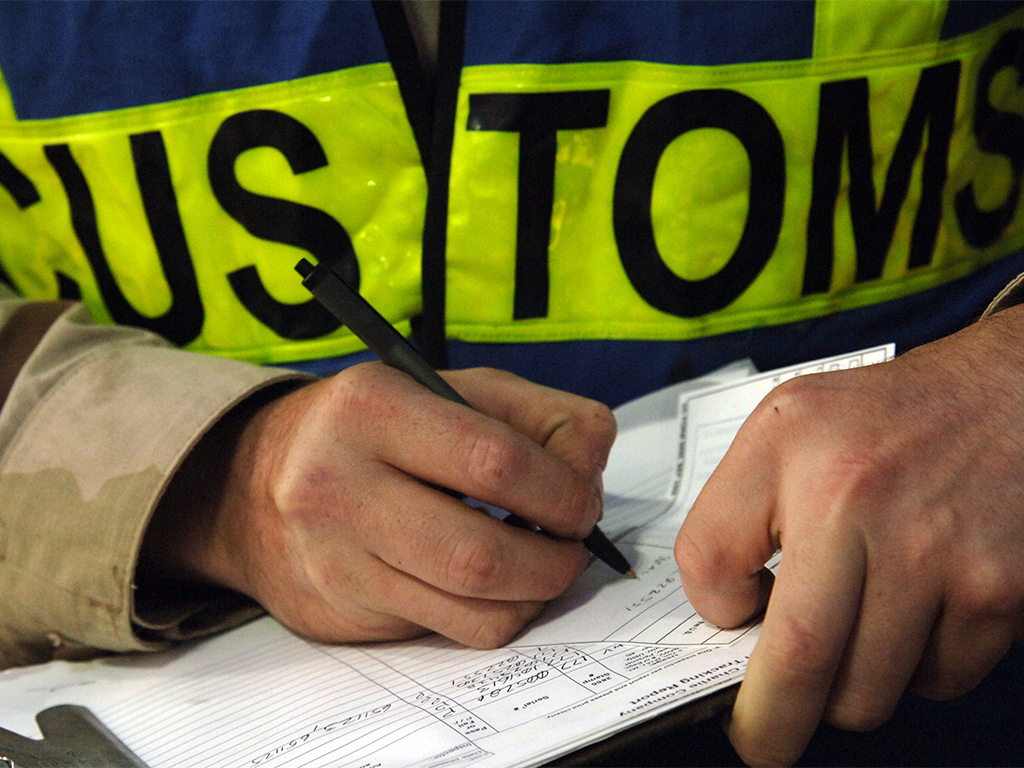
205,000 UK businesses could share burden of VAT on £212bn of imports
26 Jan 2018Close to a quarter of a million businesses in the UK could share the burden of £212 billion pounds as a result of Britain leaving the EU VAT Area.
New Brexit legislation being considered in parliament could force firms to pay big upfront VAT bills and increase delays at UK borders and ports.
The government says the Taxation (Cross-Border Trade) Bill, which was debated in parliament on January 8th, will end the existing tax regime so that import VAT is charged on all imports from outside the UK after it leaves the EU.
As an accountant in London, Accounts & Legal work with a range of businesses from all industries to not only provide accounting solutions tailored to helping their businesses excel, but also have a team of expert business advisors ready to help your business navigate even the choppiest waters.
Contact our team to discuss how we can help you and your business, or try our instant accounting quote tool and one of our team will be in touch with you shortly.
EU VAT Area
Close to a quarter of a million businesses in the UK could share the burden of VAT on £212 billion pounds of imports from the EU as a result of Britain leaving the EU VAT Area. We estimate this puts an average additional working capital requirement of £41,500 on these businesses.All a company needs do is add the VAT charge to the price of any imported product when it is sold to the final buyer, and pass the tax on to the exchequer at that moment.
Once the UK leaves the EU, however, that could change. Goods coming into the UK from the EU will become liable for import VAT, which would have to be paid to HMRC at the border. The importer will be able to reclaim VAT on the import charge, which is redeemable at the end of the company’s VAT quarter.
When the new legislation comes into play, it will be vital for businesses in the UK to reinvent their cash flow forecasting if they are to avoid major problems down the line.
Impact on UK businesses
Currently, UK firms that import goods ready for sale from the EU can register with HMRC to bring them into the UK free of VAT. The government's impact assessment for the Bill was released last month, and indicates that 132,000 businesses interact with the customs system through such rules.
According to HMRC, 273,000 VAT-registered UK companies traded internationally during 2015. Of these, 141,000 traded with countries outside of the EU, with 73,000 of those trading with both EU and non-EU states, while 68,000 traded with non-EU countries only. Of the total VAT-registered businesses, 132,000 businesses traded solely with EU countries in 2015.
Based on the figures above, an estimated 205,000 UK companies will be subject to a new VAT regime which sees them having to factor an outlay of VAT into their working capital.
With the total amount of goods imported from the EU reaching £212 billion in 2017, this represents an average of almost £41,500 in VAT per company, a figure which must become part of their working capital upon Britain’s departure from the EU.VAT becomes an inconvenience
In the current system, VAT is charged on imported goods from the EU, but as a member of the EU VAT Area this cost does not need to be paid upfront at the port in order for customs to release the imported goods.
However, the new system will be much like importing from Non-EU states. Doing so demands UK companies pay the 20% VAT on the imported goods immediately. While this does not actually cost the company money in the long-term, it could cause cash flow issues in the short-term, particularly if the VAT bill is a sizeable one.

Implications for third parties
Suffering the inconvenience and impact of leaving the EU VAT Area is not limited to the businesses who are importing to the UK.
As is the case for all small businesses in the country, the importing of goods is followed by the completion and submission of SAD forms to HMRC. However, these forms are generally completed by the freight forwarding companies, such as DHL, who are responsible for bringing the imported goods into the country.
As the number of forms necessary for completion will rise sharply in accordance with Britain’s departure from the EU VAT Area, it is fair to assume that freight forwarding firms will increase their prices in order to cover the costs of their new workload.
Furthermore, there will be a much greater volume of paperwork being forwarded to Customs. For them, it seems an increase in their admin staff will be in order if they are to handle the extra administrative work caused by 205,000 companies.
HMRC may not escape scot-free either. It is fair to expect that these new importing operations will need managing and supervision, and so it is not unlikely that HMRC will have to develop new systems and recruit new staff in order to oversee all of the new importing activity and ensure Britain’s move out of the EU trading bloc is a smooth transition.






















